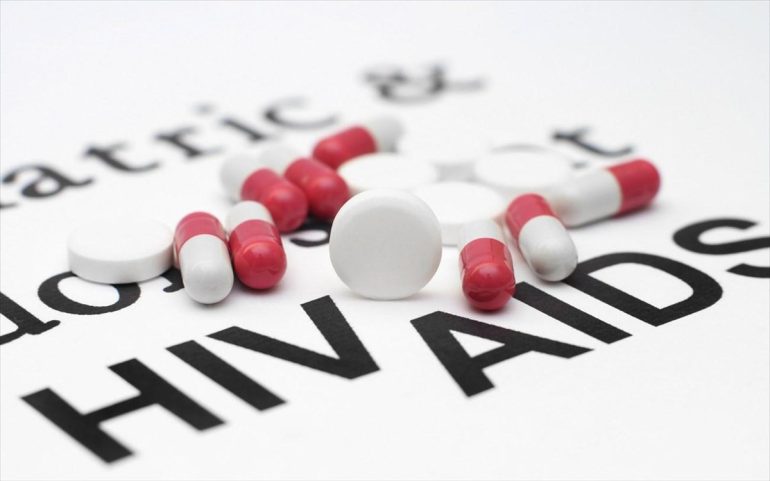The two previous cases were two men - a white man and a Latin American - who underwent adult tissue stem cells, which are most commonly used in bone marrow transplants.
An American woman suffering from leukemia became the first woman - and the third person in the world - to be treated for HIV after undergoing a bone marrow transplant from a donor who was naturally immune to the virus that causes AIDS.
The case of the 64-year-old woman was presented at the Congress of Retroviruses and Occasional Infections in Denver. It is also the first time umbilical cord blood has been used, a new approach that could make treatment more accessible to more people.
After receiving umbilical cord blood to treat the acute myeloid leukemia from which she suffered (a neoplastic disease characterized by the replacement of normal bone marrow) the woman has been in remission and without the virus for 14 months. She no longer needs to be treated for HIV.
The two previous cases were two men - a white man and a Latin American - who underwent adult tissue stem cells, which are most commonly used in bone marrow transplants.
"This is the third treatment report in this context and the first concerning a woman living with HIV," said Sharon Lewin, president of the International AIDS Society.
The case is part of a larger study led by Dr. Yvonne Brasion of UCLA and Deborah Persond of Johns Hopkins University. The goal is to monitor 25 HIV patients who have undergone umbilical cord stem cell transplantation for the treatment of cancer and other serious diseases.
Patients participating in the trial first undergo chemotherapy to kill the cancer cells. Doctors then transplant stem cells from people who have a specific mutation that prevents HIV from infecting their cells.
Scientists believe that in this way the immune system of patients becomes resistant to HIV.
Lewin noted that marrow transplantation is not a viable strategy for treating all HIV patients. However, "it is confirmed that a cure for HIV is possible and the use of gene therapy as a sustainable treatment strategy is strengthened," he added.
in.gr
